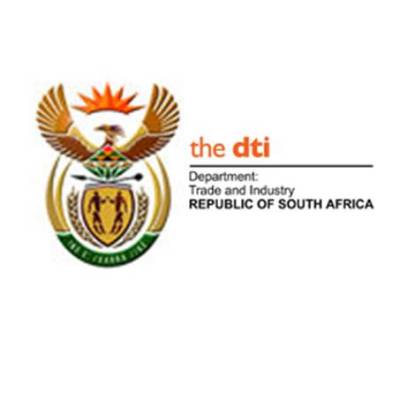If Finance Minister Pravin Gordhan is serious about averting a downgrade of South Africa’s international credit rating, he should hot-foot it over to the Department of Trade and Industry (DTI) to see what they’re up to – and what he is up against.
The DTI is putting the finishing touches to new black economic empowerment (BEE) regulations. They extend bureaucratic power over listed companies and any others doing business with the state. They will deter investment – so much so that they read as if they have been drafted by a foreign power determined to wrench business away from South Africa.
One aim of the regulations is to empower organs of state to push up black ownership requirements from 25% to 51% for companies doing business with, or needing licences from, them. Smart companies will figure out how to achieve the 51% via “fronting” arrangements that leave control in the hands of the original owners – and plenty of money in the pockets of lawyers and accountants devising the cleverest fronting deals. But fronting carries penalties if you’re caught, so the smartest companies will probably take their business elsewhere.
Back in 2013, Aliko Dangote, a Nigerian billionaire, said that BEE ownership requirements were like forced marriages. They used to have such laws in Nigeria, but capital dried up, so they got rid of them. Which raises the possibility that the DTI has been captured by countries seeking to attract investment away from South Africa. Before dismissing this as an early April fool’s joke, we should remember that capture of state institutions is the name of the game in this country.
On the other hand, even if the regulations are not the handiwork of our economic rivals, they might just as well be, because they risk making the conduct of business in South Africa a Kafkaesque experience.
Apart from the constant shifting of goalposts as between statutes and regulations and generic codes and revised codes, they impose “compliance” requirements on listed companies that include reports, “corrections” to reports, appearances before the BEE Commission, and “site visits” to verify reports. There are eight possible levels of BEE contribution, but the regulations do not specify which ones apply.
BEE transactions above a threshold to be determined (and altered) by the minister of trade and industry have to be registered within 15 days, after which a certificate of registration must be issued within 10 days. The commission is empowered to require the transaction to be remedied at any time, failing which it can initiate an investigation.
Another provision is that “any person” may lodge a complaint with the commission, which has a year in which to assess it. Before making a finding it may hold a formal hearing, but only if it so wishes. Nor is it obliged to hold formal hearings should it decide to investigate any BEE matter on its own initiative. Even though “fronting practices” are criminal offences, the commission can make findings against companies for such practices without hearings. However, if it finds that fronting has occurred, the matter has to go to the police or the National Prosecuting Authority before fines or prison terms can be imposed.
On “qualification criteria” for procurement, organs of state are empowered to seek the permission of the minister to push the criteria above the levels he has himself laid down. Eskom has already done this with its demand that its coal suppliers have 51% black ownership rather than the 26% stipulated in the mining charter. The minister is not obliged to consult any company likely to be affected by his decision.
The deadline for submissions on these new regulations was 17th March. They will now wind their way through the bureaucratic process, creating more of the uncertainties about policy and abuse of power that worry investors. Mr Gordhan is trying to win their confidence. Why is the DTI stabbing him in the back?
* John Kane-Berman is a policy fellow at the South African Institute of Race Relations, a think-tank promoting political and economic freedom.
http://www.politicsweb.co.za/opinion/the-dti-stabs-pravin-gordhan-in-the-back?utm_source=Politicsweb+Daily+Headlines

